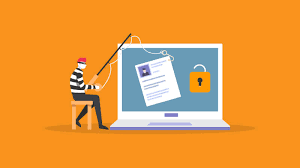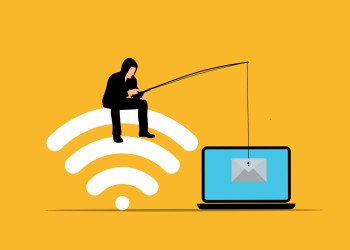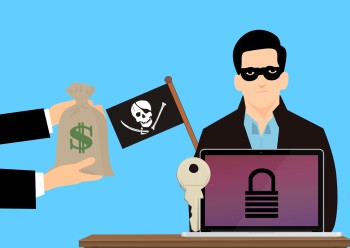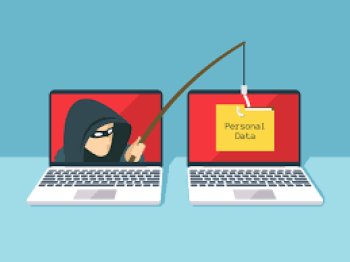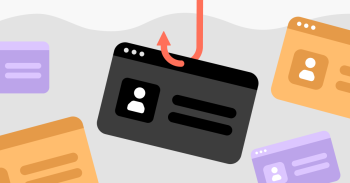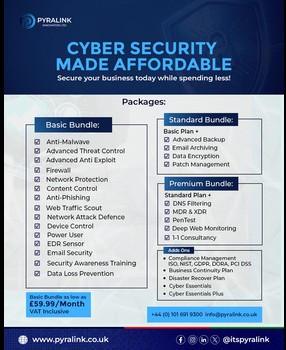Today, phishing is one of the more
common and profitable scams. Phishing is an attempt to deceive you into
disclosing personal information that could be used to steal your identity or
take over your accounts, such as login credentials, credit card information,
and social security numbers. Here are some recommendations for avoiding these
cons:
It's
likely true if something seems too good or bad to be true. Anything that causes
you to become extremely agitated should raise red flags.
Any email
or text that uses poor grammar or has misspelt words should be treated with
extreme suspicion. Additionally, genuine messages from genuine businesses
should use your full name when addressing you.
Be wary of
phoney emails and texts that contain links to package tracking. Additionally,
they may say things like, "Here's the $5,000 thing you ordered,"
which you didn't order, and then instruct you to "click here to
cancel" or "see attached invoice."
Even if
it's from someone you know, don't click links or open attachments that you
didn't request or anticipate receiving.
Be wary of
any message or phone call that alleges that you owe money, broke the law, have
account or computer issues, or that you broke the law.
Note that
imitation, fraudulent websites will not trick password managers. You're
probably not on the website you think you are if, for some reason, it is not
offering to fill in your credentials.
Additional Guidelines to Avoid Holiday Scams
· Use credit cards rather than debit cards when you can.
· Purchase gift cards only from trusted retailers. Open the card
before you leave the checkout counter to make sure the secret code hasn't
already been revealed.
· Observe your bank and credit card transactions carefully. Report
anything suspicious right away.
· Consider setting up account notifications for large
transactions, foreign transactions, and other unusual account activity if you
haven't already.
· Avoid sharing your travel itinerary on social media, which would
alert criminals that your home won't be watched.
· Be wary of anyone who advises you to download a browser plugin,
an app for your smartphone, or a computer programme.
· Avoid making any purchases that require wire transfers, gift
cards, or cryptocurrency to be paid for online or over the phone.
· No respectable service or business will text you or call you and
ask for your password.
· Avoid phoney organisations, especially those that are overly
pushy.
If you haven't
already, I recommend freezing your credit at the major bureaus (TransUnion,
Equifax, Experian, and possibly Innovis) if you haven't already.
All of your critical accounts, including those for money,
health, government, email, and social media, should have two-factor
authentication enabled.
